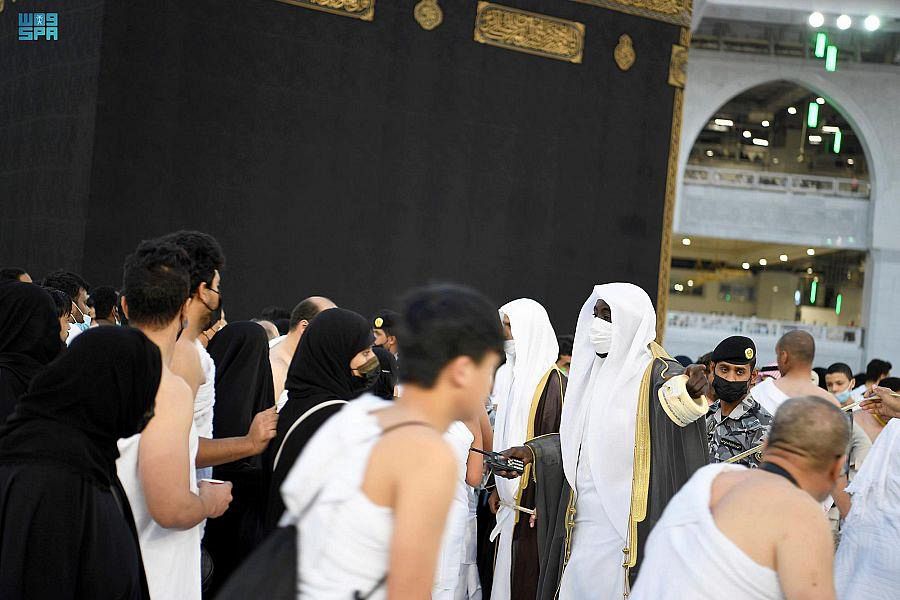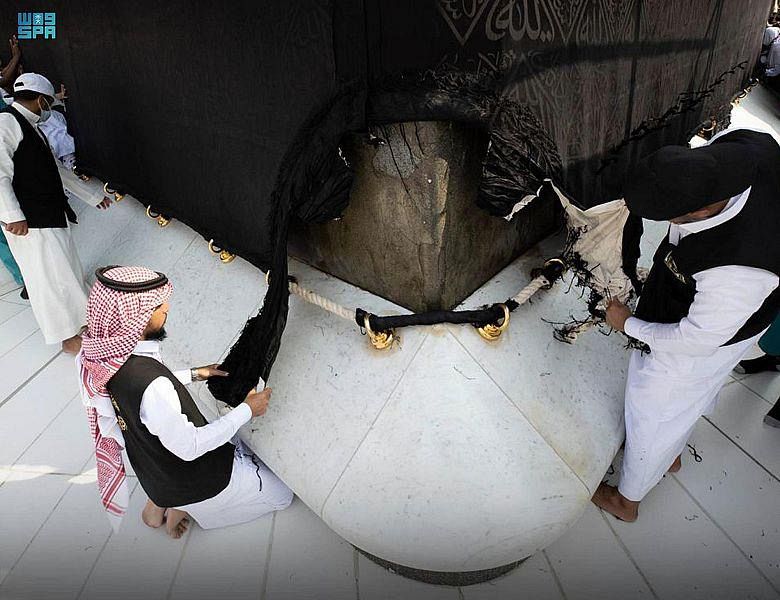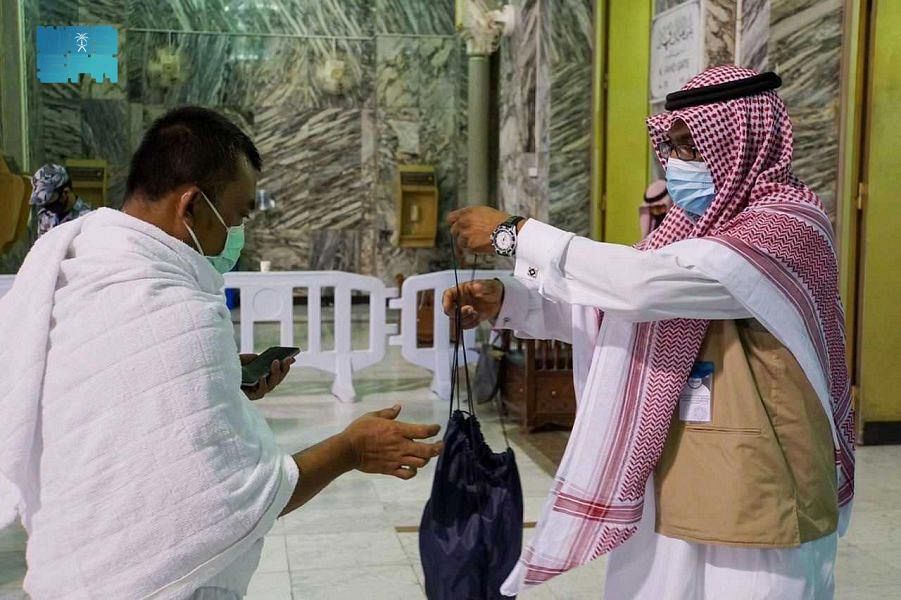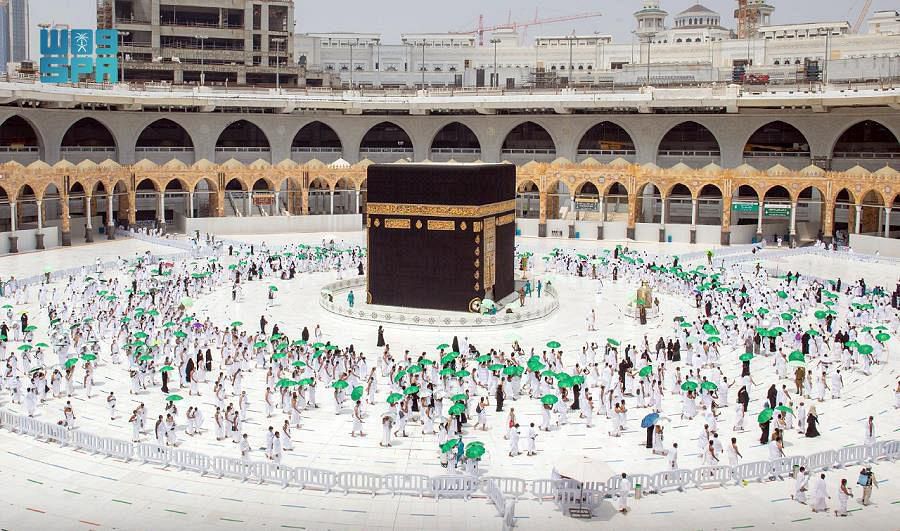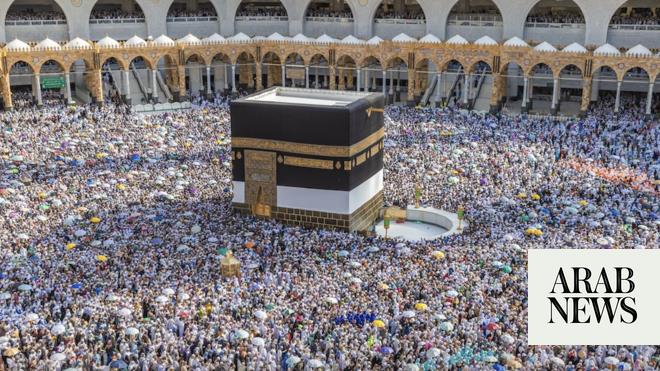
RIYADH: The General Presidency for the Affairs of the Two Holy Mosques inaugurated a program titled “Hajj virtues for young visitors” on Wednesday.
The program aims to provide awareness, guiding and educating young visitors about the virtues of Hajj, and enriching their experience at the Grand Mosque in Makkah.
The Hajj drew to a close last Friday after about 2 million Muslims from around the world performed their rites, ending with three days of Rami Al-Jamarat, or the stoning of the devil ritual, at the Jamarat complex in Mina.
The pilgrims then returned to the Grand Mosque and performed farewell Tawaf, the circumambulation of the Holy Kaaba.
There are still foreign pilgrims staying in the area — those who were staying in Makkah before the Hajj have moved on to Madinah, while those who stayed in Madinah prior to the pilgrimage, camping at the tent city of Mina, are now in Makkah until they depart the Kingdom.
The Director General of the General Administration of Social Services Saud Al-Zahrani said the administration is responsible for taking care of the children of pilgrims and visitors at the Grand Mosque through its young visitor services, which include educating them and enriching their experience in support of the General Presidency’s 2024 development plan.
Al-Zahrani added that the General Presidency provides smart bracelets for children at the main entrances of the mosque that include parents or companions’ contact information to help prevent them going missing.
The program also provides guidance to specific locations at the Grand Mosque and public facilities, educating them about the Hajj, prayer and ablution.
It also promotes social initiatives in service to visitors with awareness and guidance programs to ensure they have an enjoyable experience.
This year the authorities also opened the first day-care center for young children at the Grand Mosque in Makkah. Each year, thousands of pilgrims perform Hajj with their children in tow, making it a familiar experience for the youngest Muslims, but adding challenges for parents.
For some, leaving children behind is not an option, and for others, bringing their offspring along is an important step to include them in religious practices from an early age, and to provide a pivotal, formative memory and experience to share with them.
The Ministry of Hajj and Umrah on Wednesday announced the start of the Umrah season by beginning the issuance of electronic visas.
This allows worshippers to start arriving in the Kingdom on the first day of Muharram, July 19.
The ministry said that submitting applications for e-visa issuance could be done through the Nusuk platform.





